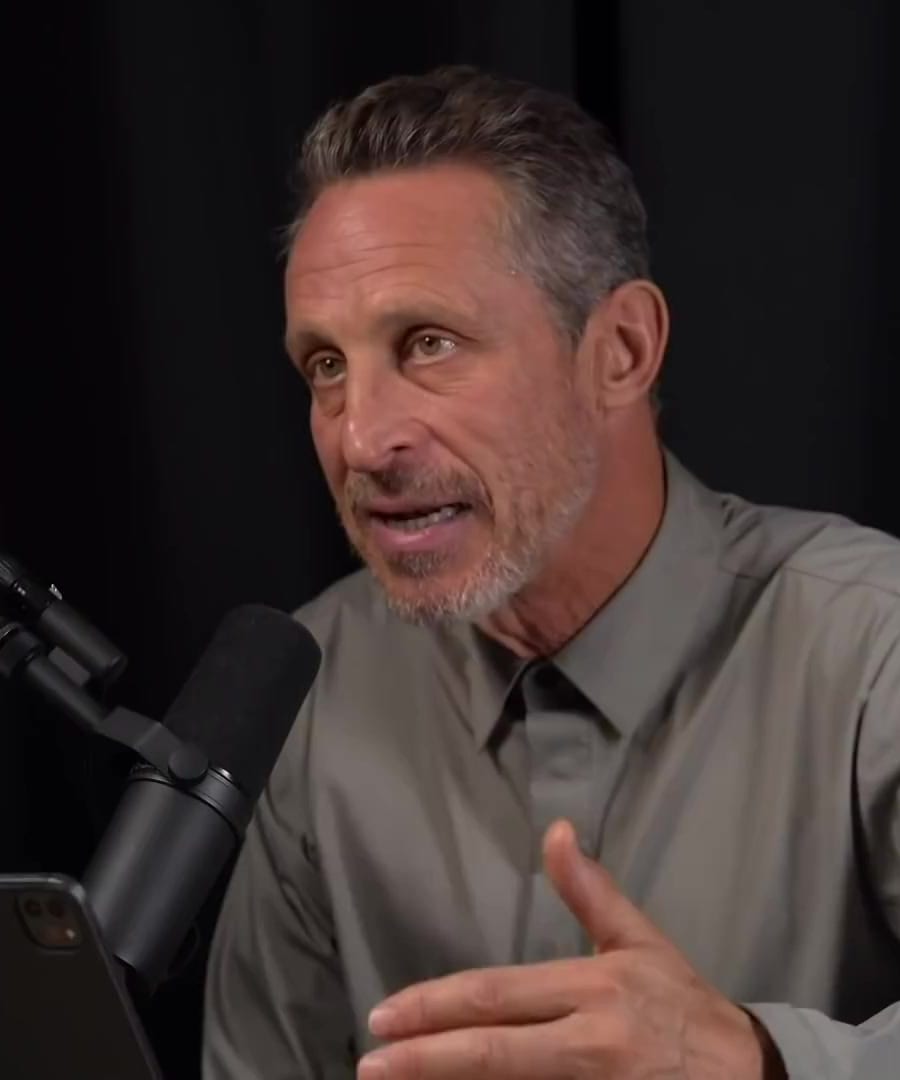How does oxygen therapy affect aging?
Sources:
Oxygen therapy, particularly hyperbaric oxygen therapy (HBOT), has shown promising results in slowing down or even reversing aspects of the aging process. Notable effects include:
-
Improved Cognitive and Physical Function: Studies demonstrated that older adults receiving HBOT showed improvements in cognitive and physical functions, along with changes in aging biomarkers, indicating that HBOT can positively influence the aging process 1.
-
Enhanced Mitochondrial Function: By increasing oxygenation in tissues, HBOT boosts mitochondrial activity, essential for energy production and overall cellular health. This can be particularly beneficial as mitochondrial efficiency often declines with age 2.
-
Reduction of Oxidative Stress: Oxygen therapies, including ozone therapy, can stimulate the body’s antioxidant systems, reducing chronic oxidative stress, which is closely linked to aging and various diseases 3 4.
-
Telomere Length: Hyperbaric oxygen therapy has been found to increase telomere length, which typically shortens with age. Longer telomeres are associated with reduced cellular aging and longer lifespans 3.
-
Overall Longevity: Clinicians note that HBOT and similar therapies could heal "wounds" in the body caused by hypoxia or low oxygen levels, common in aging. This includes benefits to the brain, heart, and other organs 1.
These findings suggest that oxygen therapy can be a vital tool in mitigating the effects of aging and improving quality of life.
RELATED QUESTIONS-
